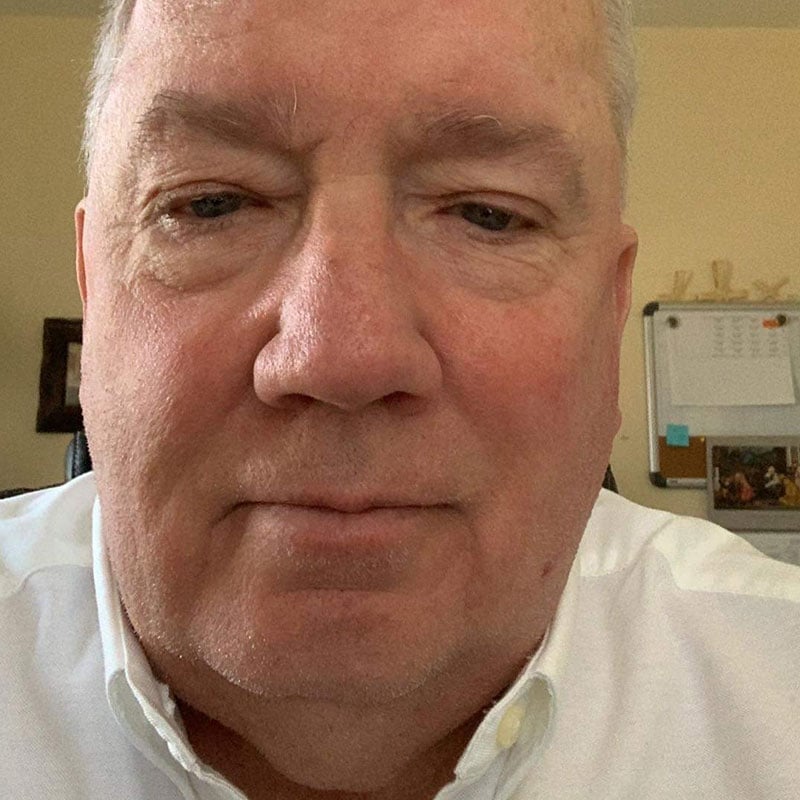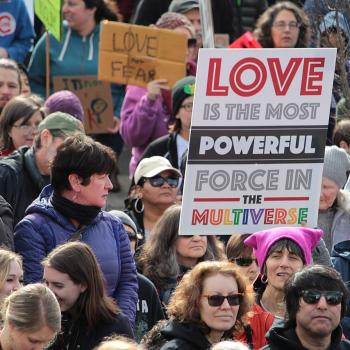
There is potentially a battle brewing in Canada concerning euthanasia. People can choose euthanasia in Canada today under certain circumstances. A recent change to the law in Quebec has sparked many early requests for end-of-life care. Let’s take a look.
Euthanasia in Canada
Canadians today are eligible for medical assistance to end their lives under the following conditions:
- Must be 18 years of age or older and have decision-making capacity
- Must qualify for publicly funded healthcare services
- The person must make a voluntary request that is not the result of external pressure
- Provide consent to receive Medical Assistance in Dying (MAID). This means that the person has agreed to receive MAID after they have obtained all information needed to make this decision
- Applicants must have a serious and incurable illness, disease or disability (excluding a mental illness until March 17, 2027)
- The person must be in an advanced state of irreversible decline in capability
- Applicants must be experiencing enduring and intolerable physical or psychological suffering. The suffering cannot be alleviated under conditions the person considers acceptable
On October 30, 2024, in the province of Quebec, a new law went into effect related to “advanced requests:”
“a law that went into effect Oct. 30 paved the way for persons who have been diagnosed with illnesses such as dementia to be “eligible” for so-called “advance requests” for euthanasia. If the request is filled out and they later exhibit the pre-specified signs, they do not have to provide consent immediately before being killed.”
This change has resulted in a large number of “advanced requests.” The change targets people with dementia.
Does this mean broader access to euthanasia in Canada?
The answer is yes in Quebec. In Canada’s criminal code, it is against the law to commit euthanasia after an advanced request. Quebec modified its criminal code to allow advanced requests, and there is interest in modifying Canada’s criminal code to include Quebec’s change. The Minister of Health and the Attorney General of Canada have said they will not challenge Quebec’s bill. Their statement added:
“On the complex and serious topic of advance requests, it is important to hear the full range of perspectives. That is why the Government of Canada will launch a national conversation in November 2024 on the topic of advance requests.”
In 2023, Canada euthanized 15,343 people. This was up 15.8% and represented 4.7% of all deaths. It does seem as if there is a broader interest in expanding euthanasia access in Canada.
What about the United States?
In the United States, ten jurisdictions allow euthanasia:
- Washington DC
- California
- Colorado
- Oregon
- Vermont
- New Mexico
- Maine
- New Jersey
- Hawaii
- Washington
There are other states considering similar bills, and there must be a concerted effort to stop the advance of this practice for many reasons:
- God gives us life, and only God can take it away. By killing anyone, even those suffering, we are acting as God, no matter the reason. God asks us to trust Him through the dying process.
- Suicide robs those suffering, as well as their families, the opportunity to find grace in the process.
- Miracles do happen. They are not commonplace, but there have been situations in which suffering people have made miraculous recoveries.
God’s plan for us does not exclude suffering. It is through suffering we get closer to God. We learn to trust Him and how he finds good in all situations. This is a polarizing subject. Did you ever have experience with someone who was suffering and decided to engage in assisted suicide? Please use the comment section to share your thoughts and stories.
Peace














